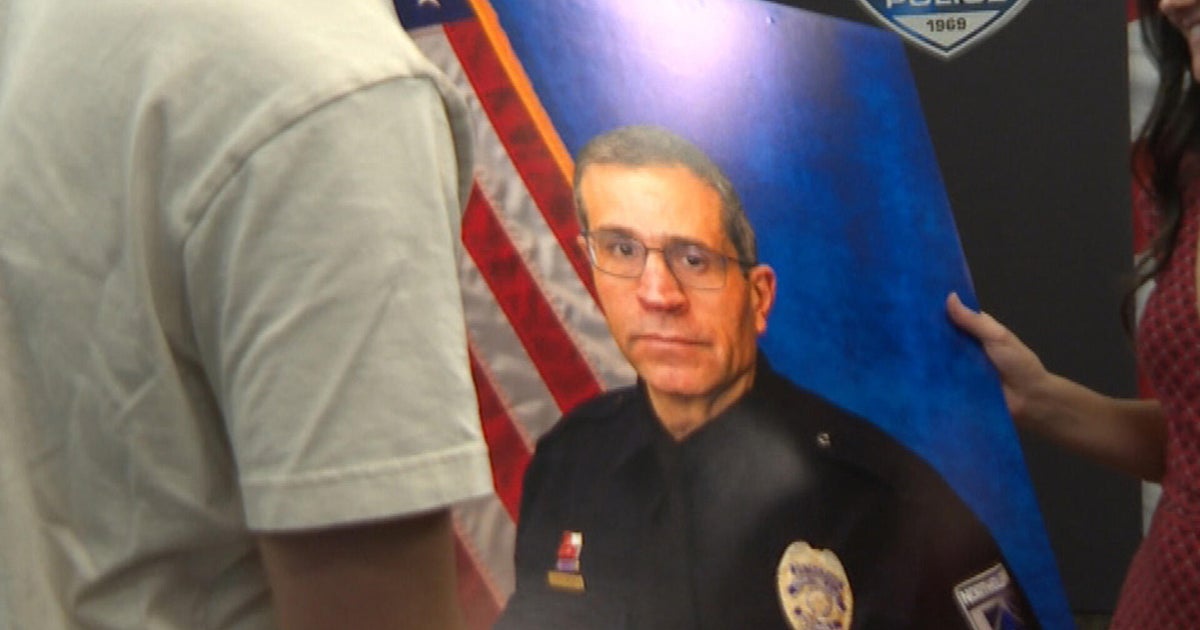Colorado Family's Plea: Addressing Mental Health Crisis in First Responders After Tragic Officer Suicide

The family of Paul, a Northglenn police officer, is bravely sharing their story to raise awareness about the critical need for mental health support among first responders, following his tragic death by suicide on August 6th. Paul's passing, after a prolonged struggle with PTSD, has sparked a renewed conversation about the pressures and challenges faced by those who dedicate their lives to protecting our communities.
According to Northglenn police, officers conducted a welfare check at Paul’s home after he failed to respond to work calls. The heartbreaking discovery underscores the silent battles many first responders face, often hidden beneath a facade of strength and duty. The family's decision to speak out is a powerful testament to their love for Paul and a desire to prevent similar tragedies from occurring.
The Hidden Scars of Service
First responders – police officers, firefighters, paramedics – witness trauma on a daily basis. They are the first on the scene of accidents, disasters, and violent crimes. While they are trained to handle these situations professionally, the cumulative effect of repeated exposure can take a significant toll on their mental health. PTSD, anxiety, depression, and burnout are unfortunately common among this vital workforce.
The stigma surrounding mental health within law enforcement and other first responder professions often prevents individuals from seeking help. Concerns about appearing weak, jeopardizing their careers, or being judged by colleagues can lead to silence and isolation. This culture of silence can be deadly.
A Call for Change: Prioritizing Mental Wellness
Paul's family is urging law enforcement agencies and communities to prioritize mental health resources and create a supportive environment where first responders feel comfortable seeking help without fear of repercussions. They believe that proactive measures, such as regular mental health screenings, access to confidential counseling services, and peer support programs, are essential to addressing this crisis.
“We want Paul's death to serve as a catalyst for change,” said a family spokesperson. “We want to ensure that other first responders don't have to suffer in silence. They deserve to know that it’s okay to not be okay, and that help is available.”
What Can Be Done?
- Increased Funding for Mental Health Services: Agencies need to allocate adequate resources to provide comprehensive mental health support for their personnel.
- Reduced Stigma: Open and honest conversations about mental health within departments can help break down barriers and encourage help-seeking behavior.
- Peer Support Programs: Connecting first responders with colleagues who understand their experiences can provide invaluable support and reduce feelings of isolation.
- Mandatory Mental Health Training: Equipping first responders with the knowledge and skills to recognize signs of distress in themselves and others is crucial.
- Easy Access to Confidential Counseling: Providing confidential and accessible counseling services ensures that first responders can seek help without fear of judgment or professional repercussions.
Paul’s story is a stark reminder of the human cost of failing to address the mental health needs of our first responders. By working together, we can create a culture of support and ensure that those who protect us are also protected themselves. If you or someone you know is struggling with mental health, please reach out for help. Resources are available – you are not alone.
If you’re feeling overwhelmed or need to talk, please contact the 988 Suicide & Crisis Lifeline. You can dial 988 from anywhere in the US to connect with trained counselors who can offer support and guidance.






:max_bytes(150000):strip_icc():focal(748x258:750x260)/raja-sykostu-082525-e0ac1f9fb4f04e5c878783c8ac72ce65.jpg)